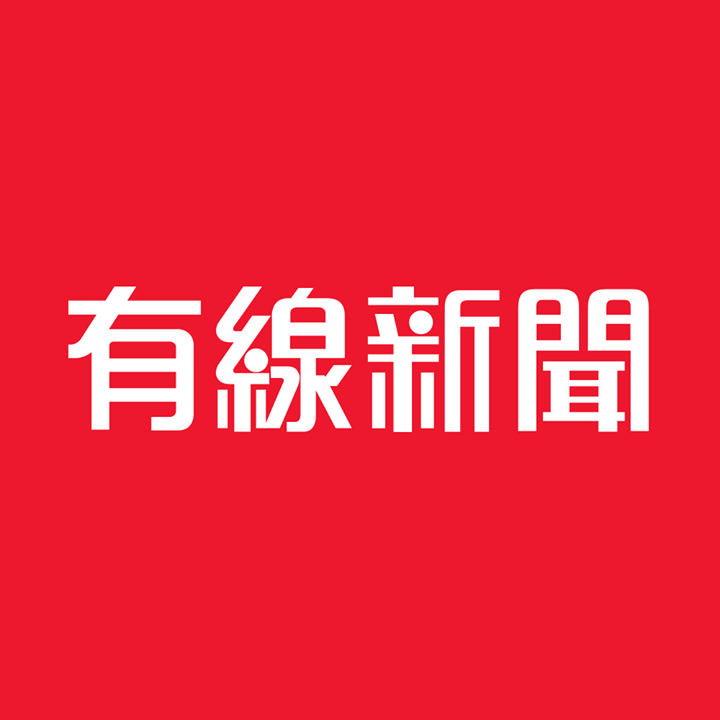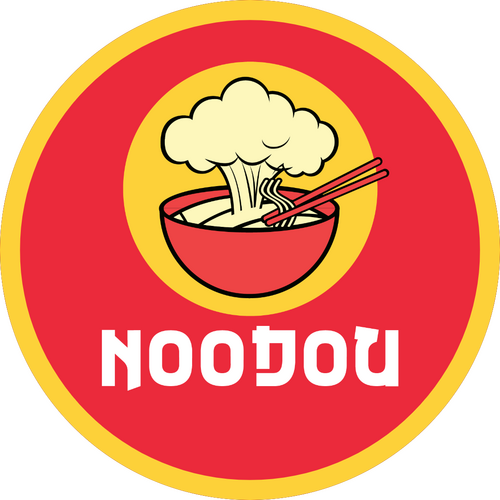The Great Education Dilemma: Passion, Paychecks, and Purpose
2 天前
RECENTLY, I came across a post on Threads where someone asked what academic programmes to avoid in Malaysia. It got me thinking about the anxiety students face when choosing their degrees.
The weight of parental expectations, economic uncertainty, and a job market that demands degrees but refuses to value them hangs over them like a shadow.
“I wanted to study history, but I had to choose data science”. “My parents said English literature won’t pay the PTPTN loans”.
I understand the fear behind these choices. But I also see the cost.
When education becomes purely transactional, something is lost – curiosity, passion, and the idea that learning is about more than securing a paycheck.
This is not just a crisis of employment – it is a crisis of purpose. Even those who follow the ‘safe’ paths are not guaranteed stability.
The job market shifts unpredictably. Degree inflation pushes students into longer, costlier education pathways, while industries still claim they can’t find ‘qualified’ talent.
Graduates enter a workforce where they are overqualified and underpaid, doing work that does not reflect their skills.
For some, the gig economy has become the fallback. Non-standard jobs, freelance work, contract positions, delivery driving, are no longer a choice but a necessity.
Many fresh graduates are struggling, not because they lack degrees, but because the system forces them into roles that offer neither security nor growth.
This is the contradiction students face: they are told to choose wisely, but even the ‘right’ choices no longer come with guarantees.
The re/push for STEM (science, technology, engineering and mathematics)
The government’s emphasis on STEM education is growing stronger. Prime Minister Datuk Seri Anwar Ibrahim has called for 70 per cent of students in fully residential schools (SBP) to be in STEM fields by 2026, a move that aligns with Malaysia’s ambition to strengthen its expertise in science and technology.
Education Minister Fadhlina Sidek has echoed this vision, emphasising that STEM has always been a priority in SBP and that greater attention will be given to STEM A (pure sciences) over STEM B (applied sciences).
STEM education is undeniably crucial. A country striving to become a global technology hub needs specialists in AI, green energy, robotics, and engineering.
The government’s commitment to refining the STEM pipeline makes sense in a world where digital transformation is rapidly reshaping economies.
Fadhlina also noted that cross-ministry collaborations with the Science, Technology, and Innovation Ministry (MOSTI) are being strengthened to further support STEM education across schools. At SBP and Science Secondary Schools, STEM enrolment is already at 98 per cent, with only 2 per cent of students in the social sciences stream.
This statistic raises an important question: if STEM is already dominant in these schools, is the challenge really about numbers, or is it about ensuring that students, regardless of their field, are equipped with the right skills for the future?
Beyond STEM: Why we need to bridge disciplines
The focus on STEM is vital, but should education be reduced to a numbers game? The world’s greatest challenges, among others climate change, AI ethics, global health crises, cannot be solved by science and technology alone.
A scientist developing AI needs to understand ethics. An engineer designing a city needs to know its social history. A policymaker making climate decisions needs both scientific data and cultural awareness.
Rather than forcing students into rigid categories, Malaysia’s education system should focus on bridging disciplines. Science and the humanities should not be competing silos; they should work together.
Instead of debating STEM versus non-STEM, we should be asking: How do we ensure STEM graduates have ethical reasoning and critical thinking skills? How do we prepare social science graduates with data literacy and technological adaptability? How do we build an education system that produces thinkers, not just workers?
Focusing on STEM alone will not address these questions.
The world is not built on one discipline, and real innovation happens at the intersection of fields. What role the humanities, social sciences, or arts play in Malaysia’s vision of the future?
For decades, Malaysia’s education system has relegated the humanities, social sciences, and arts to the sidelines – an afterthought in a landscape obsessed with STEM.
This is not a recent trend; it is an entrenched mindset that has shaped generations, dictating what is seen as ‘useful’ and what is dismissed as indulgent. Students who pursue these fields often do so in uncertainty, not because their disciplines lack value, but because the system has failed to show them why they matter.
Meanwhile, those who avoid them do so not out of informed choice, but out of fear – fear of instability, fear of parental disapproval, fear of pursuing a path that society refuses to validate.
Malaysia does not need fewer humanities graduates or fewer STEM graduates – it needs graduates who can think across fields, work in teams that combine technical and social expertise, and adapt to complex global challenges.
Universities must move beyond rigid degree structures and allow students to explore interdisciplinary learning. An engineering student should have the opportunity to take courses in public policy and urban planning. A business student should be trained in environmental sustainability. A linguistic student should be equipped with coding skills. These crossovers are not just about making students more employable – they are about building an education system that reflects the complexity of the world.
A new vision for education.
More than a transaction
We’ve heard this countless times before: If education is to be meaningful, it cannot be reduced to a checklist of marketable skills. Universities should not function like factories churning out graduates tailored only for immediate industry needs.
A good education is not just about getting a job; it is about equipping students with the ability to think, adapt, and contribute meaningfully to a world that is constantly changing.
Rigid degree tracks must give way to interdisciplinary learning. Vocational and academic education should no longer be seen as separate tiers but as complementary paths that enhance one another.
Students should be able to return to education at different points in their lives, upskilling and reskilling as industries evolve, rather than front-loading their entire education into a four-year degree that may not remain relevant.
Stronger partnerships between universities and industries should allow students to engage with real-world challenges before they graduate. But these partnerships must not turn universities into job-training centres that serve corporate interests above all else.
The goal should not be to produce workers who can slot neatly into predefined roles, but thinkers and creators who can redefine those roles entirely.
Your education is more than a debt ledger
To my students, to Gen Z, to anyone who feels trapped in this system: I see you.
I know you want stability. I know you are tired of being told to ‘follow your passion’ when that feels like a financial risk. But I also urge you: don’t let fear shrink your learning.
Take the elective in environmental ethics. Learn coding even if you’re a literature major. Do an internship at a social enterprise, not just a corporate firm.
Question what you are told is ‘useful’ – because what is useful today may not be useful tomorrow. Your education is not just a pathway to a paycheck. It is a toolkit to question, create, and rebuild.
To policymakers and educators: the future does not belong to rigid disciplines – it belongs to those who can bridge fields, not just specialise in them.
Instead of forcing students to choose between ‘useful’ and ‘useless’ degrees, let’s build an education system that recognises the value of interconnected knowledge.
Education, at its best, is not a transaction – it is a transformation. Let us build a system that reflects that.
Siti Nurnadilla Mohamad Jamil is an assistant professor of linguistics at the Department of English Language and Literature (DELL), AbdulHamid A. AbuSulayman Kulliyyah of Islamic Revealed Knowledge and Human Sciences (AHAS KIRKHS), International Islamic University Malaysia (IIUM). She can be contacted at [email protected].
The opinions expressed in this article belong solely to the authors and do not necessarily represent the views of Sinar Daily.
...Read the fullstory
It's better on the More. News app
✅ It’s fast
✅ It’s easy to use
✅ It’s free









